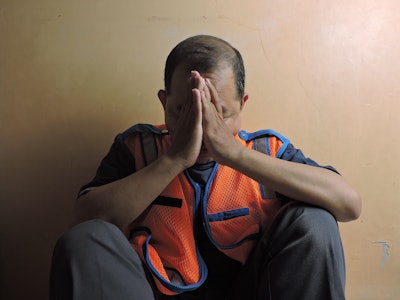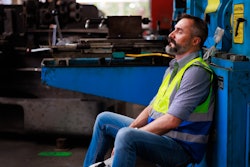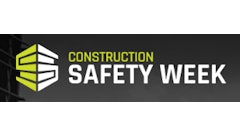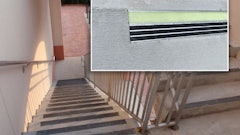
The construction industry builds our communities, but too often the people doing the building are struggling in silence. September 8 – 12 is Construction Suicide Prevention Week, and we’re shining a light on the darkness far too many men and women face in the industry.
Construction workers face tough conditions every day — long hours, physically demanding work and the pressure to “tough it out.” But the challenges don’t stop at the jobsite. Mental health struggles in construction are real and widespread. In fact, five times as many construction workers die by suicide each year as from work-related injuries, according to the Center for Construction Research and Training (CPWR).
The week includes a stand-down and a moment of silence on Monday at 2:50 p.m. ET to honor those lives lost. But it’s also a chance to talk openly about the factors that contribute to suicide and what we can do to prevent it. Loneliness, isolation, stress, anxiety and fatigue are all common in construction, and research shows that even small day-to-day connections can make a difference.
A recent Travelers Insurance survey found that 62% of construction workers experienced stress over the past year, 46% dealt with anxiety and 43% struggled with fatigue. Many workers also reported limited access to mental health resources, which only compounds the problem. A 2021 CDC report found that the suicide rate among male construction workers is 75% higher than men in the general population — a sobering reminder that this is an industry-wide concern.
But the issue is certainly not being ignored. CPWR encourages everyone to download and take the Construction Suicide Prevention Week pledge. Signing the pledge isn’t just symbolic — it’s a commitment to check in with someone, whether that’s monthly, weekly, or even daily. A simple “How are you doing?” could make all the difference.
If someone is struggling, there are resources available. You can connect them to lifesaving support through CPWR’s mental health and suicide prevention resources or call or text 988. Building connections and supporting one another is one of the most effective ways to prevent suicide in our industry.
This week and moving forward, let’s commit to speaking up, listening and checking in on our coworkers and friends. Construction is about building — but the strongest structures are the ones we build together.




















